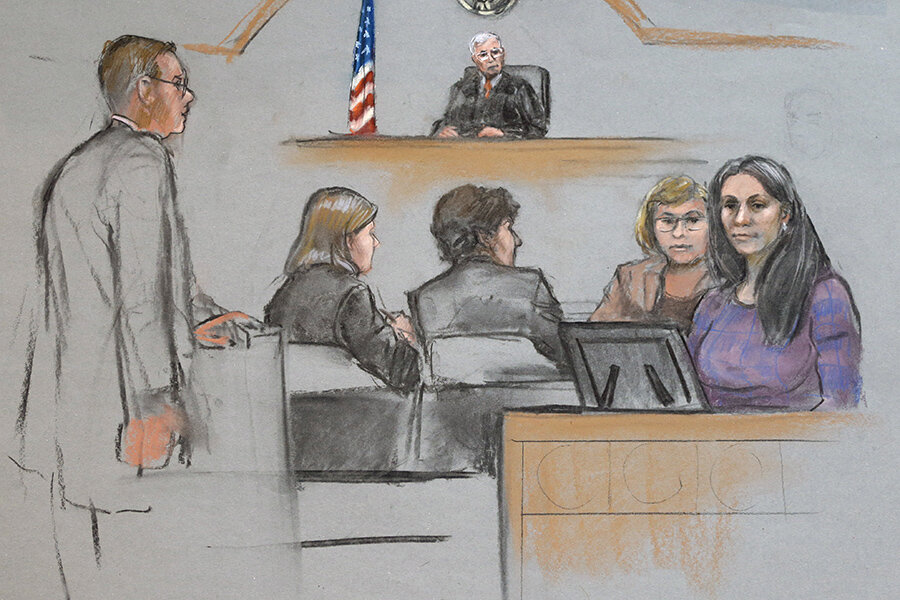Tsarnaev lawyer focuses on family dysfunction in Marathon bombing trial
Loading...
| Boston
Dzhokhar Tsarnaev's lawyers called a Russian historian and a psychiatrist to the stand Tuesday in a bid to save the Boston Marathon bomber from the death penalty by portraying him as the product of a dysfunctional family from a turbulent corner of the world.
Dr. Alexander Niss, a psychiatrist who treated Tsarnaev's father in Boston from 2003 to 2005, said he diagnosed the elder Tsarnaev with post-traumatic stress disorder after he reported being tortured in a Russian camp during the Chechen wars with Russia in the 1990s.
Niss said Anzor Tsarnaev, an ethnic Chechen, showed typical symptoms of PTSD, including anxiety, panic attacks, flashbacks and paranoia. He said Tsarnaev also complained of headaches, dizziness, nosebleeds and other physical ailments, and during one phase of his treatment, was going to the emergency room almost every day.
"He was a sick guy," Niss said.
Niss took the stand during the penalty phase of Dzhokhar Tsarnaev's trial, during which the jury will decide whether the 21-year-old former college student should get the death penalty or life in prison for the 2013 bombing that killed three people and wounded more than 260.
The defense told jurors earlier that both of Tsarnaev's parents were diagnosed with mental illness.
Tsarnaev's lawyers are hoping his background — combined with their claim that he was heavily influenced by his volatile older brother, Tamerlan — will convince the jury he does not deserve a death sentence. Tamerlan, 26, was killed days after the bombing during a getaway attempt.
Dzhokhar Tsarnaev lived in the former Soviet republic of Kyrgyzstan and the Dagestan region of Russia, which borders Chechnya, before moving to the US in 2002. He was 19 at the time of the marathon bombing.
The defense also called as a witness Michael Reynolds, a Princeton University professor who described the North Caucasus region of Russia, including Chechnya, a mountainous area of southern Russia where Tsarnaev's father's family has roots.
Reynolds gave a history of the region, including its centuries of conflict with Russia. He said Chechen families are very patriarchal, with the father or oldest son having the clear role as the decision-maker for the family.
"It's expected that the younger brother will listen to the older brother," he said.
During cross-examination, prosecutor William Weinreb pointed out that Dzhokhar and Tamerlan spent little or no time in Chechnya. Dzhokhar was 8 when he moved to the US.
Weinreb also said Dzhokhar smoked cigarettes and marijuana and drank alcohol despite admonitions from Tamerlan.
The defense also called Amanda Ransom, a college roommate of Tamerlan's widow. Ransom said she herself was yelled at and threatened by Tamerlan.
Ransom also said Tamerlan "emotionally abused" his wife, Katherine Russell. According to Ransom, Tamerlan once told his wife after sex that he had AIDS, then laughed at her tearful reaction and told her it was a joke.







